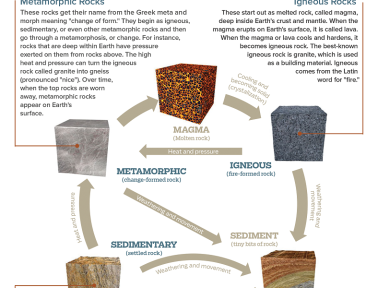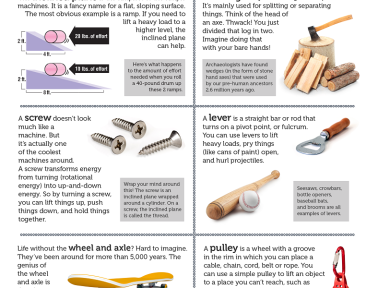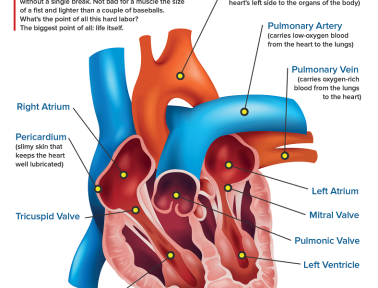Data doesn’t make the decisions for you.
That was among the large takeaways from my conversation with Emily Oster, scientist, writer, and also mother. As a financial expert at Brown University, Emily explores the science of making good choices based upon the data. In her most recent book, Cribsheet, she checks out just how to apply that science to the decisions that encounter us as moms and dads.
What I discovered most rejuvenating in our discussion and also in her book, was her viewpoint that it isn’t enough to say you adhere to the data, or that you are “data-driven”. Firstly, the data has to be good. We need to analyze it very closely to ensure it claims what we think it claims. And also second of all, it needs to be integrated with what we know concerning ourselves and also regarding those impacted by our choices.
” Data-driven” has actually come to be a preferred term recently, and also while I agree with the view, I bristle against it at times.
We do need to utilize information to make informed decisions. However I dislike to consider information as being in the chauffeur’s seat. Information is more like the individual at the filling station where you pick up directions. He might use some invaluable, life-saving insight. Or he could be completely off his rocker. It’s an excellent idea to sign in with him, yet you definitely need to take what he says and run it via a filter. Does he truly comprehend where you’ve been, where you’re going, as well as what you’re driving? Is he using an upgraded map to offer you instructions? Did he use a great deal of LSD in the 60s? These are all relevant concerns.
Similarly, when we utilize information to inform our choices, we need to ensure it’s existing, clear, and that it’s being used responsively to the scenario handy.
This responsiveness is an essential part of the formula, a part that is too quickly overlooked.
Oster stresses this aspect in her publication, reminding parents that once they have the data, they must take a look at themselves and also their families and afterwards make an educated choice.
She explains, even after examining the data carefully, you might reach a various verdict than an additional individual duke it outing the very same decision. In one of my favored quotes from her book she clarifies:
Your options can be ideal for you but also not necessarily the best choices for other individuals. Why? You are not other people.”
It’s human nature to want ONE IDEAL ANSWER and also to be able to consider that to our kids. Sadly, it’s likewise humanity to slam others for choosing something aside from our ONE RIGHT ANSWER.But despite having
all the information on the planet, the scientific research of human growth still depends on human connections and human originality.
Co-sleeping or no? Well, there’s data on that, but likewise, just how does that benefit you!
.?.!? Which preschool approach?There’s data there as well, however also, which college seems to fit your kid?
In a similar way, I have actually understood supervisors that feel stress from their boards to offer a totally prepared educational program marked with “research-based” on the side. It’s an understandable demand, however the irony is thatthe very best research study really emphasizes the requirement for receptive very early discovering atmospheres, not scripted ones.
I understand I can’t change the present lexicon (as well as I understand I’m being choosy below) however I favor to be data-informed over data-driven.
We definitely need to use information to question the status and inform our selections. However depending on information at the cost of the human component omits some of the most vital input we have.
Information alone won’t make good decisions for you. As Emily composed, ” The information is the same for all of us, however the choices are yours alone.”
Associated










